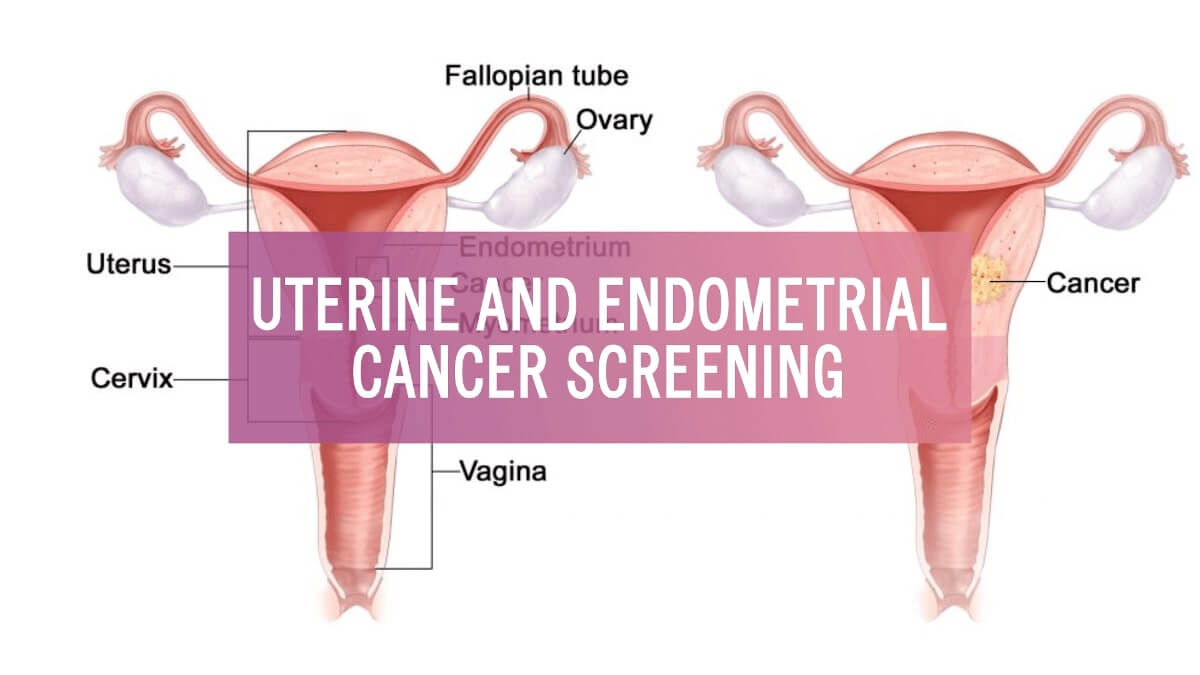With the help of screening tests, cervical cancer can be diagnosed in time and treated effectively.
Some typical symptoms seen in cases of cervical cancer are as follows:
- Unusual and irregular bleeding: such bleeding occurs when not expected; in between the menstrual cycle, after menopause or after having intercourse.
- Vaginal discharge that is unusual in appearance and odor or excess in amount.
Cervical cancer is almost always associated with infection due to the Human Papillomavirus. ( HPV)
HPV infection is sexually transmitted and has been associated with cancer of cervix, vagina, vulva, anus, penis, and throat.
There are several different subtypes of the HPV virus. Out of these, only a few subtypes have been associated with cervical cancer. The rest of the subtypes cause benign disease. HPV-16 and HPV-18 are the two types that commonly cause cervical cancer. However, being infected by cancer-causing HPV strain does not necessarily mean that a person will certainly develop cervical cancer. The human immune system is adequately equipped to eliminate all cancer-causing strains of the HPV virus, mostly within two years.
There are various ways in which cervical cancer can be detected. Screening tests for cervical cancer are:
- Pap smear
- HPV DNA testing
- Visual inspection of the cervix
Colposcopy is a technique in which the cervix is examined using a colposcope and abnormal areas are marked out so that a biopsy can be taken from the affected area.
Gone are the days when cancer used to be a deadly disease. Today, there are treatment options available for the successful treatment of the condition. These are:
- Surgery: Surgery involves removing the uterus, cervix, and often tubes and ovaries along with lymph nodes.
- Radiation therapy: This method employs the use of high energy X-ray beams, which help in killing the cancer cells.
- Chemotherapy: Under this procedure, drugs and medication are used to kill the cancer cells present in the body.
Cervical cancer is largely preventable. Prevention is ensured by taking a vaccine that prevents HPV infection. Early detection is also possible with the help of regular screening.
Special thanks to Dr Sarita Bhalerao (Obstetrician and Gynaecologist) for the expert advice.









